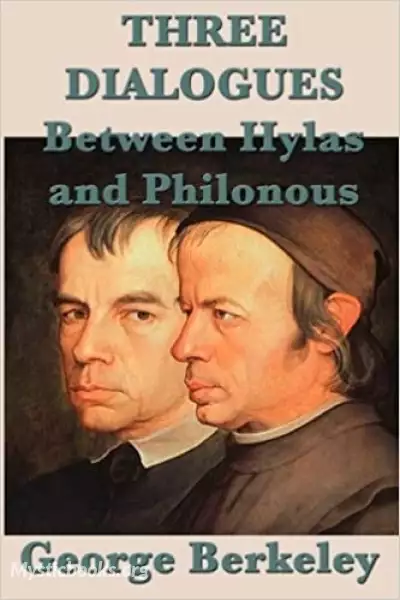
Three Dialogues between Hylas and Philonous
'Three Dialogues between Hylas and Philonous ' Summary
In The First Dialogue, Hylas expresses his disdain for skepticism, adding that he has heard Philonous to have "maintained the most extravagant opinion that ever entered into the mind of man, to wit, that there is no such thing as material substance in the world." Philonous argues that it is actually Hylas who is the skeptic and that he can prove it. Thus, a philosophical battle of wit begins.
Philonous questions Hylas systematically regarding what humans know of the world, first examining secondary qualities, such as heat, to show that such qualities do not exist outside the individual mind. He then moves on to primary qualities such as extension and shape, and likewise argues that they, too, are dependent entirely on one's perception and perspective (e.g., From a distance, a great mountain appears to be small, and the shape of a thing may change dramatically under a microscope: "You may at any time make the experiment, by looking with one eye bare, and with the other through a microscope").
Hylas's view of matter (which has its origin in the Platonic theory of forms , or abstract entities that exist outside of the sensible world) is systematically destroyed by Philonous (Berkeley). The basic argument is that because matter is only known to us by its sensible qualities, it is impossible to describe or even imagine matter without these qualities. For in the absence of sensible qualities, matter, by definition, loses its essential qualities.
Berkeley's argument goes further: sensible qualities are not inherent in matter. Rather, they are ascribed and understood by the mind. Color, sound, temperature and even shape are qualities entirely dependent on a mind. Indeed, without a "mind," it becomes impossible to imagine "matter." The answer to the question, "If a tree falls in the forest and no mind is present, does it make a noise?" is answered by Berkeley's immaterialism: There is no tree, other than either the sense-data or the bundle of perceptions of which it is made up. However, God is always perceiving everything. In other words, there is always a mind present. A human (and thus a human mind) need not be present for the tree to make a sound, for the mind of God is always present, or so Berkeley argues. It is this mind of God that gives sensible qualities to matter, not matter itself.
Book Details
Authors
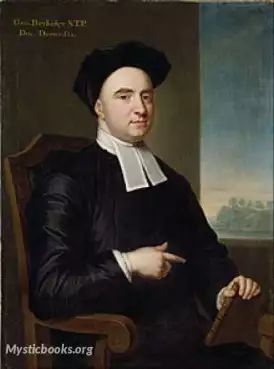
George Berkeley – known as Bishop Berkeley (Bishop of Cloyne of the Anglican Church of Ireland) – was an Anglo-Irish philosopher whose primary achievement was the advancement of a theory h...
Books by George BerkeleyDownload eBooks
Listen/Download Audiobook
- Select Speed
Related books
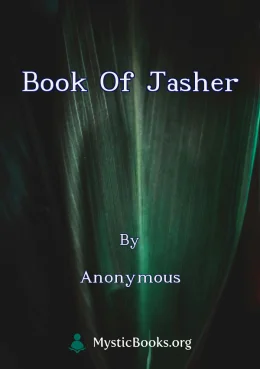
Book Of Jasher by Anonymous
The Book of Jasher is a pseudo-historical text, written in Hebrew and attributed to a biblical figure named Jasher. It recounts events from the Creati...
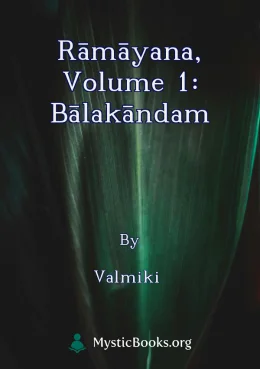
Rāmāyana, Volume 1: Bālakāndam by Valmiki
The Bālakāṇḍa, or the Book of Childhood, is the first book of the ancient Indian epic, the Rāmāyaṇa. It narrates the early life of Rama, the protagoni...
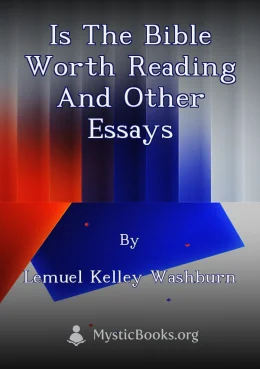
Is the Bible Worth Reading and Other Essays by Lemuel Kelley Washburn
This collection of essays by Lemuel Kelley Washburn, a prominent American freethinker and editor of the *Boston Investigator*, delves into various asp...
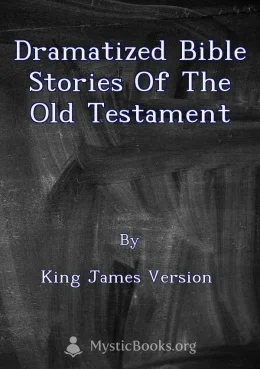
Dramatized Bible Stories of the Old Testament by King James Version
This audiobook presents a dramatic reading of selected stories from the Old Testament of the King James Version. It features a full cast of Librivox v...
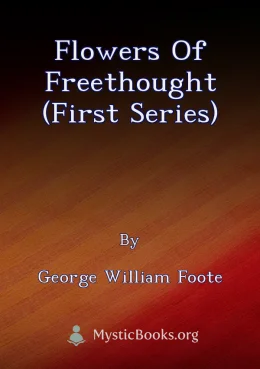
Flowers of Freethought (First Series) by George William Foote
This book presents a collection of essays by George William Foote, a prominent figure in the freethought movement of the late 19th century. Written o...

Sacred Meditations by Johann Gerhard
Embark on a profound journey into the depths of faith and the transformative power of meditation with Johann Gerhard's "Sacred Meditations," a timeles...
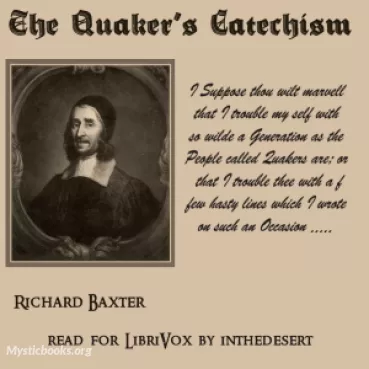
The Quaker's Catechism by Richard Baxter
It is a detailed examination of the beliefs and practices of Quakerism. It is written in the form of a question and answer format, with Baxter posing...
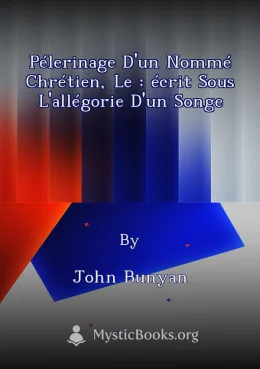
Pélerinage d'un nommé Chrétien, Le : écrit sous l'allégorie d'un songe by John Bunyan
« Le pélerinage d'un nommé Chrétien » est un roman allégorique de John Bunyan, publié en 1678. L'auteur rédigea cet ouvrage en 1675, alors qu'il était...
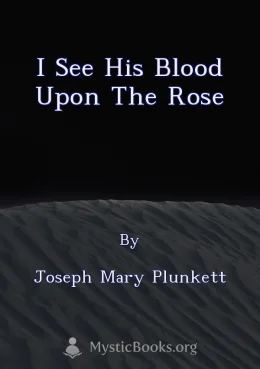
I see His Blood upon the Rose by Joseph Mary Plunkett
LibriVox volunteers bring you 12 different recordings of I see His Blood upon the Rose by Joseph Mary Plunkett. This was the weekly poetry project for...
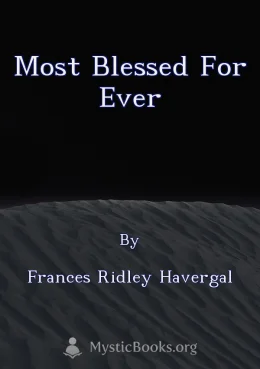
Most Blessed For Ever by Frances Ridley Havergal
“Most Blessed For Ever” is a poem by Frances Ridley Havergal that explores the enduring nature of God's love and the eternal joy of salvation. The poe...
Reviews for Three Dialogues between Hylas and Philonous
No reviews posted or approved, yet...